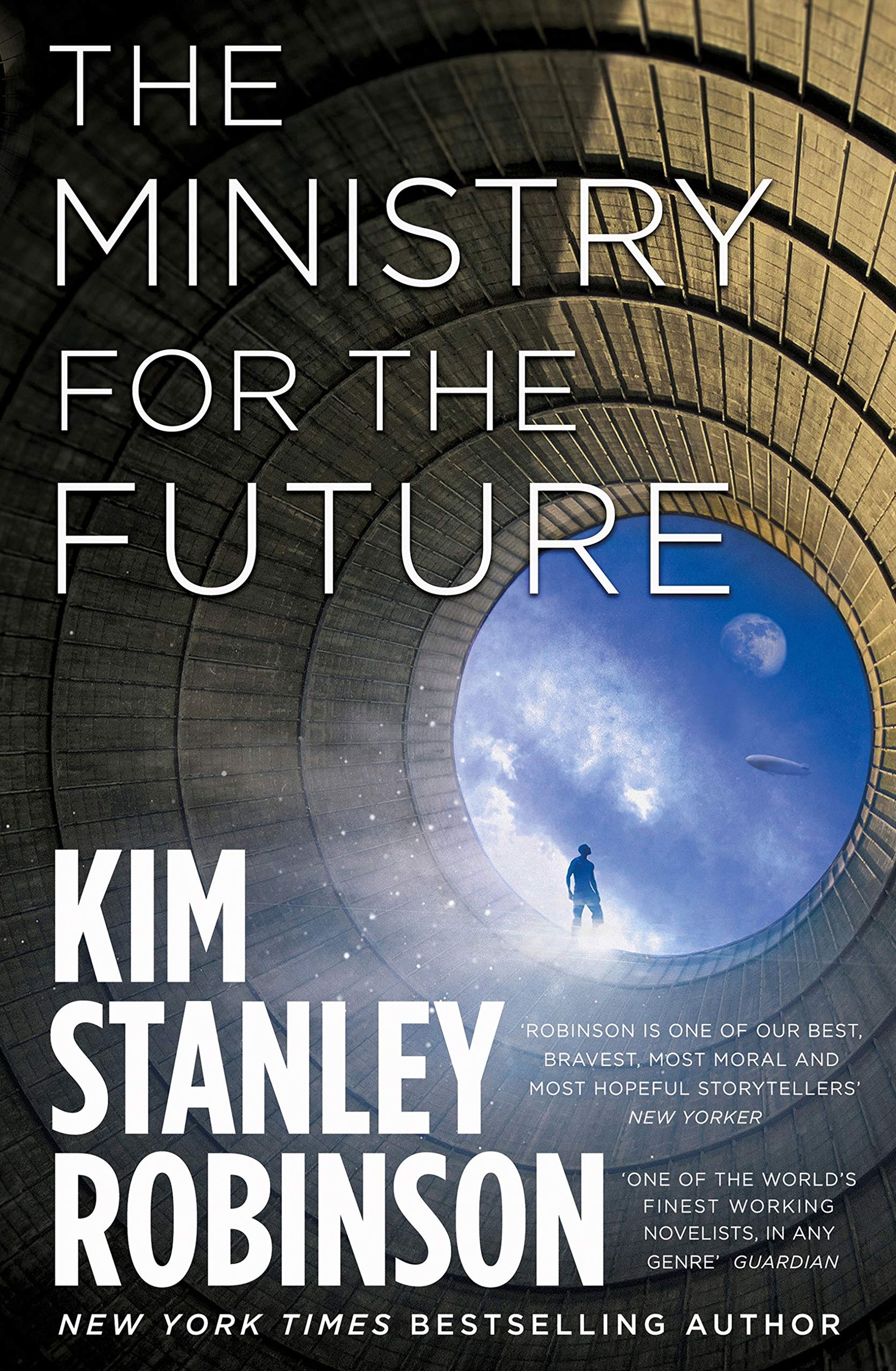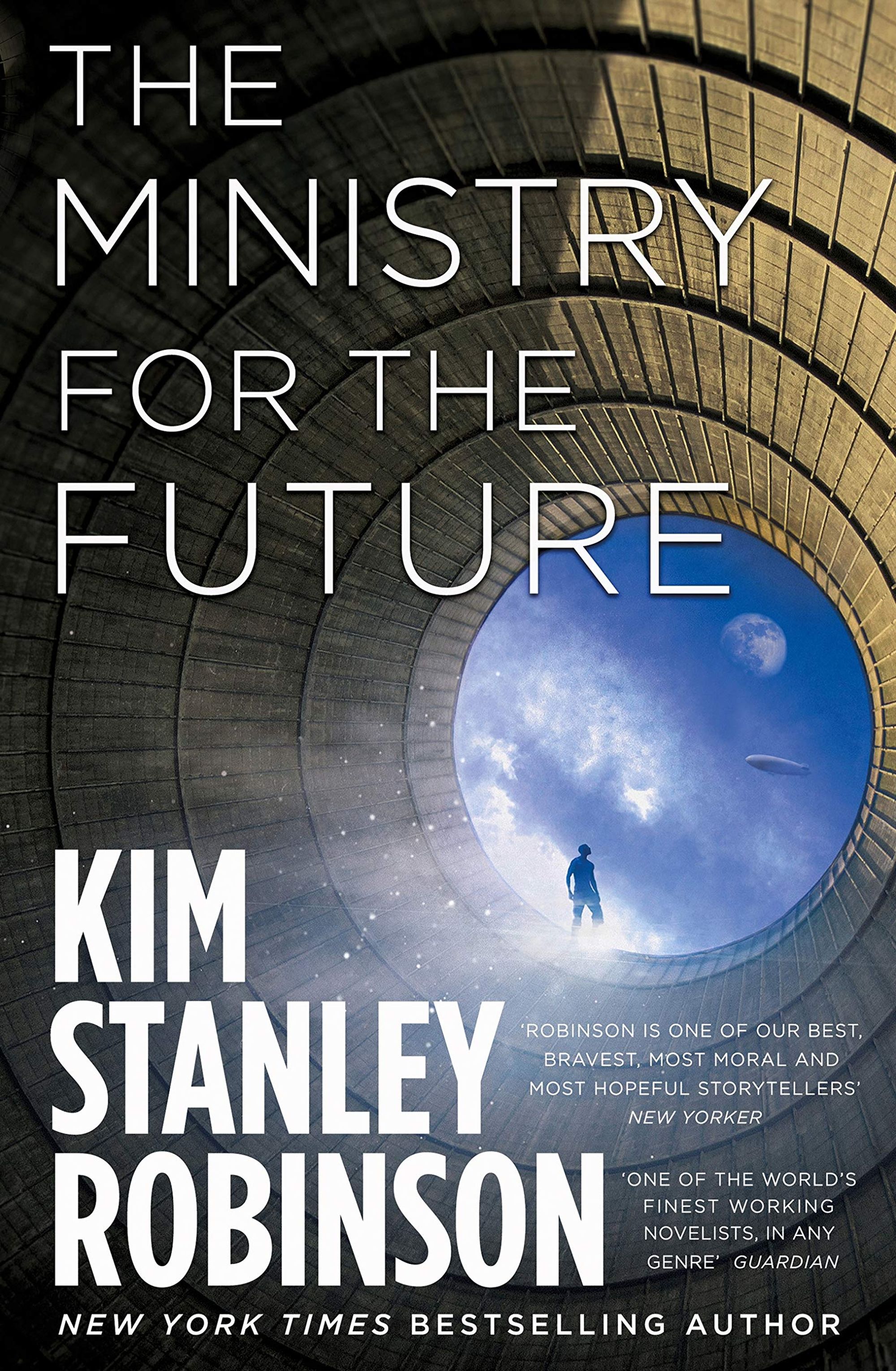The Ministry for the Future

In 2025, a new organization was established with a simple purpose: to advocate for the future generations of the world and protect all living creatures, both present and future. This organization became known as The Ministry for the Future, and its story is told through the masterpiece of imagination, The Ministry for the Future, written by legendary science fiction author Kim Stanley Robinson. The novel provides a unique vision of climate change and how it will affect us in the coming decades, told entirely through fictional eye-witness accounts.
Unlike many post-apocalyptic stories, the novel is set in a future that is almost upon us, offering a glimpse of hope that we may overcome the challenges we face.
The book is both immediate and impactful, desperate and hopeful, making it one of the most powerful and original books on climate change ever written.
My Review

Kim Stanley Robinson's 'The Ministry for the Future' ambitiously threads together narratives on the multifaceted climate crisis. It's a significant read, there's no denying that, coming forward with a dire call-to-action for change in our world to combat the apocalyptic effects of climate change.
The narrative takes the route of future history, presenting a wide exploration of concepts and potential outcomes. While this approach grants an expansive view of a climate-stricken future, it misses out on the emotional foothold offered by a concrete plot and character development. The narrative feels akin to navigating a non-fiction treatise instead of a cohesive story. That's not necessarily a drawback, but it requires a certain mindset to fully appreciate.
Robinson's knowledge of this impending crisis is impressive, with factual information and potential solutions forming the spine of the book. Yet, the deluge of data-heavy narrative might be overwhelming for readers who prefer a more fluid storytelling approach.
The audiobook experience, unfortunately, left a lot to be desired. The narration didn't harmonize with the content, and it felt like a hindrance rather than an enhancement to the overall reading experience.
However, I'd like to weave in my perspective on the importance of growth, both in population and ideas, which I felt was understated in the book. Our world needs more children, more minds generating diverse ideas, and more hands to shape the future. The core concept of 'The Ministry for the Future,' a body safeguarding future generations' rights, resonates with me deeply. This urgency for protection and growth needs to be a crucial theme in our narrative about the future.
Moreover, Robinson's vision aligns with the message of former President Obama, who included this book in his summer reads, affirming its relevance and potential to provoke thought.
In conclusion, 'The Ministry for the Future' is an enlightening, although challenging, read that underscores the climate crisis urgency and offers a roadmap to address it. While the narrative style may not resonate with all, its pressing message is undeniable. My suggestion? Opt for the written version over the audiobook for a satisfying reading experience.


